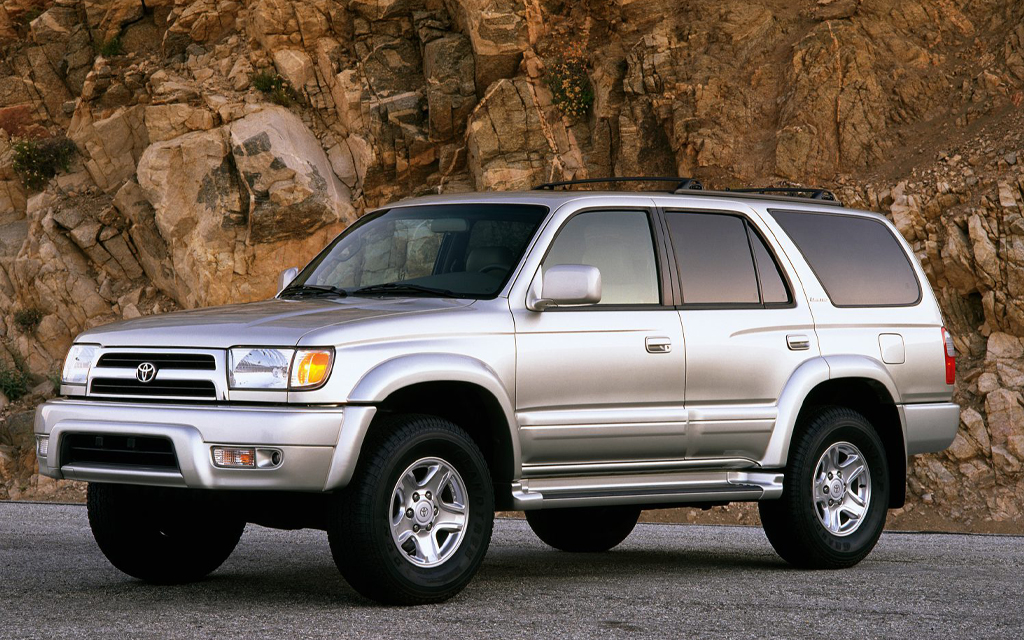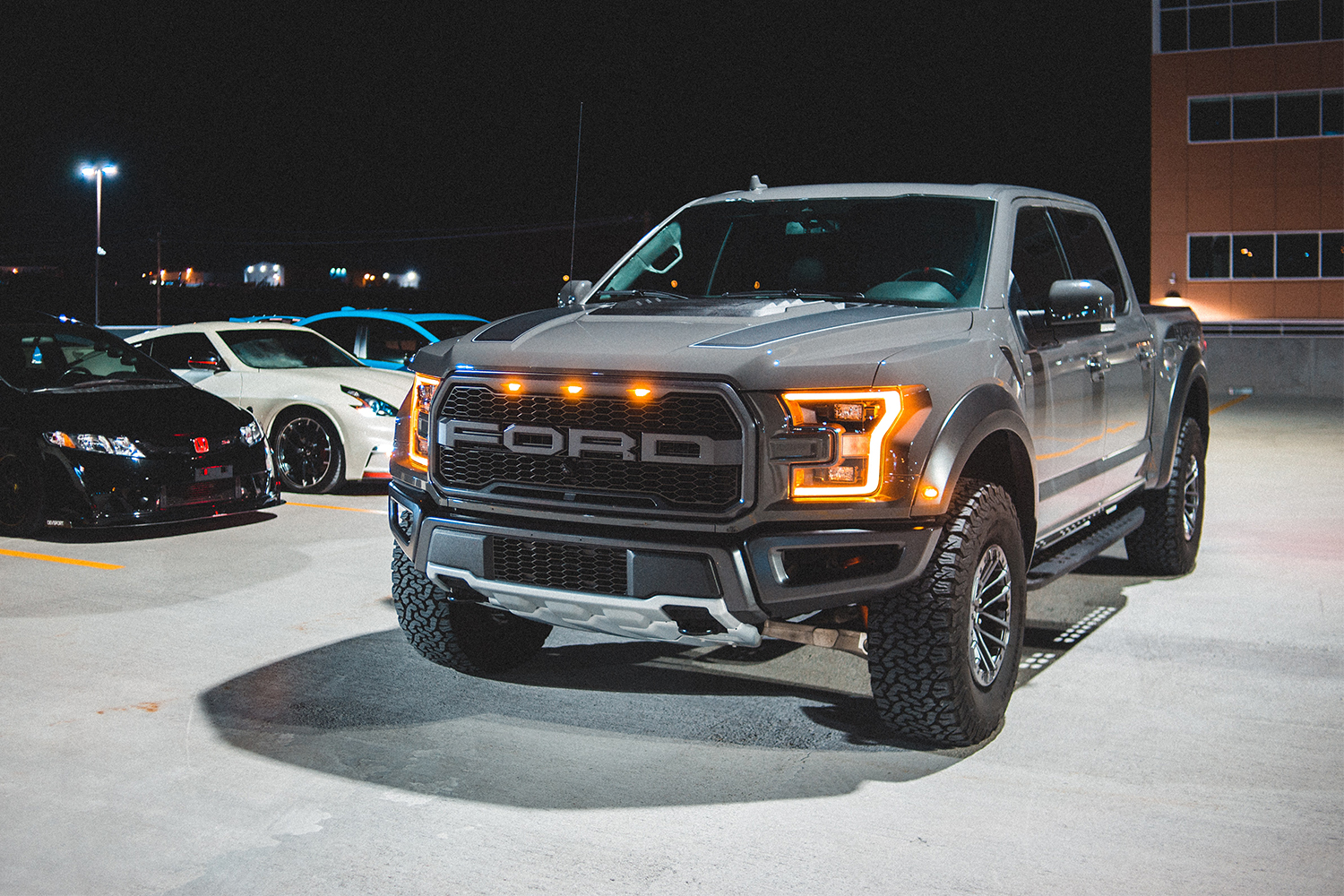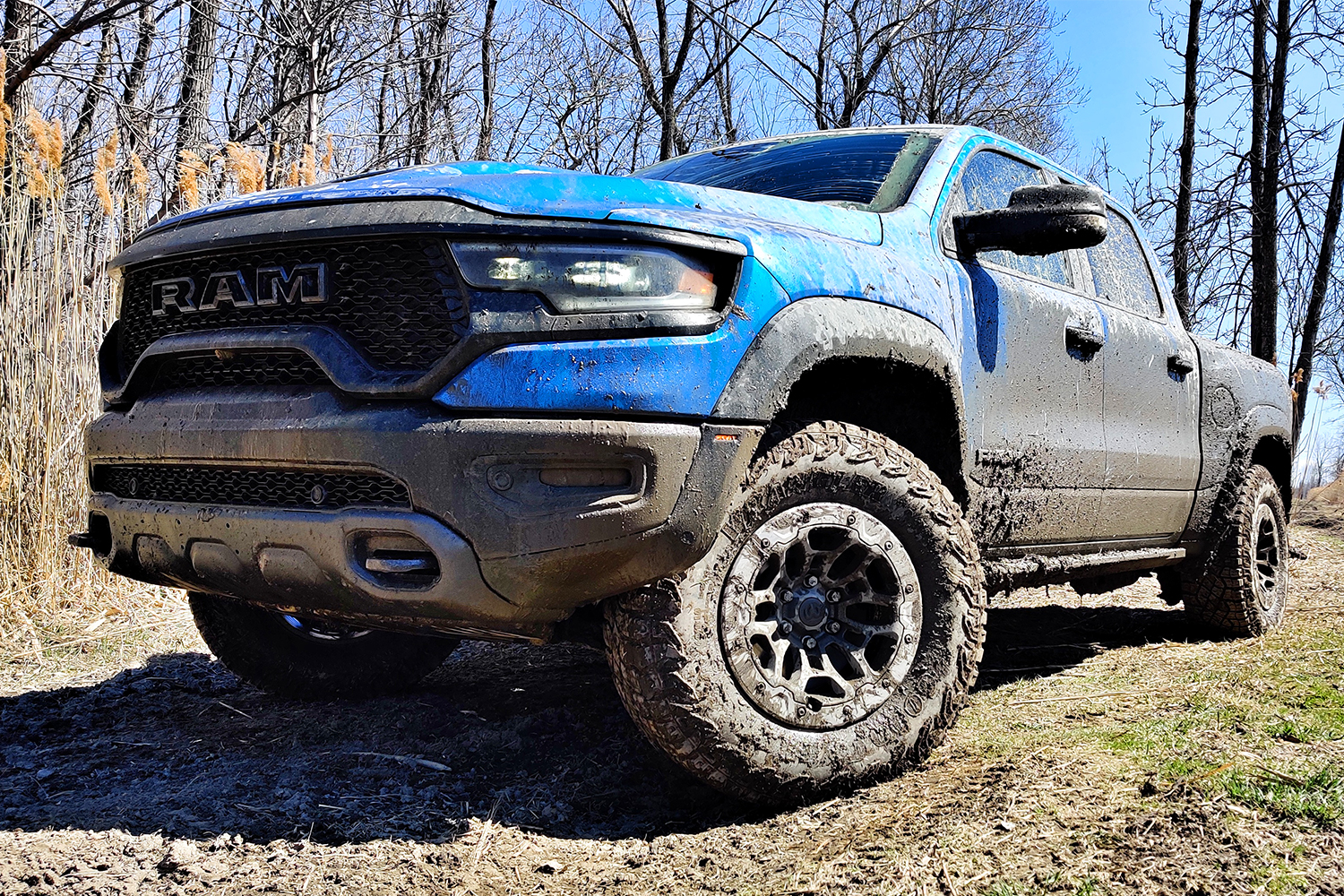Last month, we extolled the virtues of a ’90s Toyota 4Runner, calling the third-gen retro SUV, which evolved from the Japanese brand’s Hilux pickup truck, “a tool that won’t quit” with “particular charms suited to gearheads, adventurers and DIY enthusiasts.”
Another group that has unfortunately come to love the reliable Toyota, as well as a number of the company’s other offerings? The Taliban.
As the Islamic militant group gains control in Afghanistan at an alarming rate, those tuning in to news reports may have noticed that Taliban fighters can often be seen riding not in expensive, gargantuan and heavily armored military vehicles, but in the same Toyota pickup trucks and SUVs that roam neighborhoods across the U.S. As Quartz reported, when the Taliban seized the presidential palace in the capital city of Kabul on Sunday, “it marked the return to power of one of Toyota’s most loyal — and most regrettable — customers.”
The love affair between the Taliban and Toyota goes back to the Islamist organization’s beginnings in the mid-’90s, with fighters reportedly driving Toyota Hilux pickups into Kabul when they established the Islamic Emirate of Afghanistan in 1996. But as writer Kyle Mizokami explained in 2013, the use of Toyota vehicles on “Third World battlefields” actually precedes the Taliban.
In fact, the final year of a conflict between Chad and Libya that lasted from 1978 to 1987 was called “The Toyota War” due to the use of Toyota Hilux and Land Cruiser pickups by the Chadians; in short, the utilitarian fleet helped the “ragtag force that could never hope to field the same firepower as the Libyans” win out in the end.
Today, these Toyotas remain a favorite for a number of reasons, including their low cost, ruggedness, easy maintenance, disposability, dependability and a number of other factors — but it’s not just the old models that are coveted. As the new 2022 Toyota Land Cruiser rolls out, Quartz notes that the automaker instituted a new clause: those buying the vehicles must sign a contract promising not to resell them for at least a year. The company said it is “concerned about the flow of vehicles from Japan to overseas immediately after their release, as well as the possibility of them being exported to certain regions where security regulations are in place.”
Will that safeguard have a significant impact on deterring the use of Toyotas in Third World warfare? Maybe for new models. But as we explained in our own ode to the 4Runner, these vehicles can keep going and going and going, as long as someone has the willpower to repair them.
Thanks for reading InsideHook. Sign up for our daily newsletter and be in the know.

















